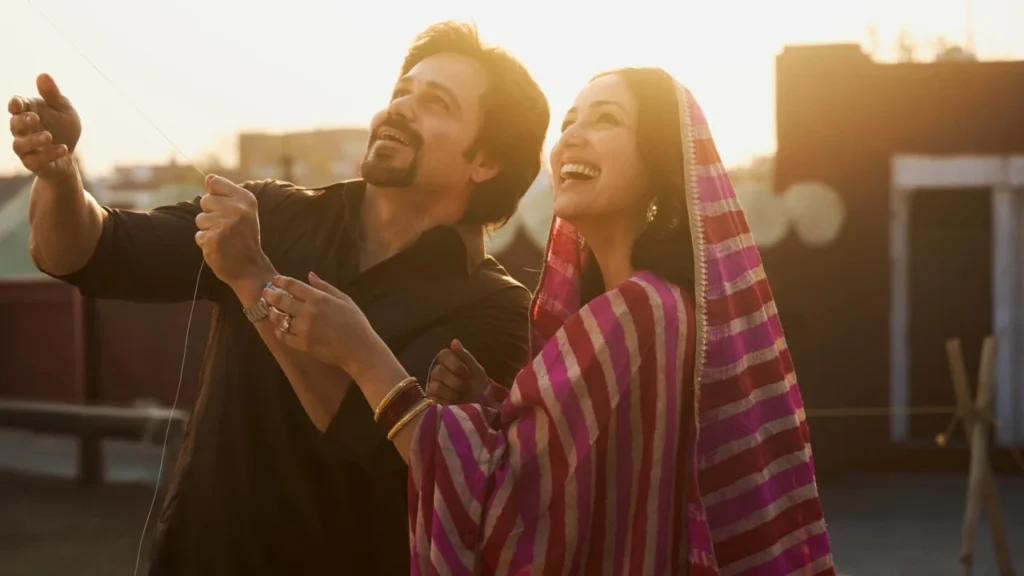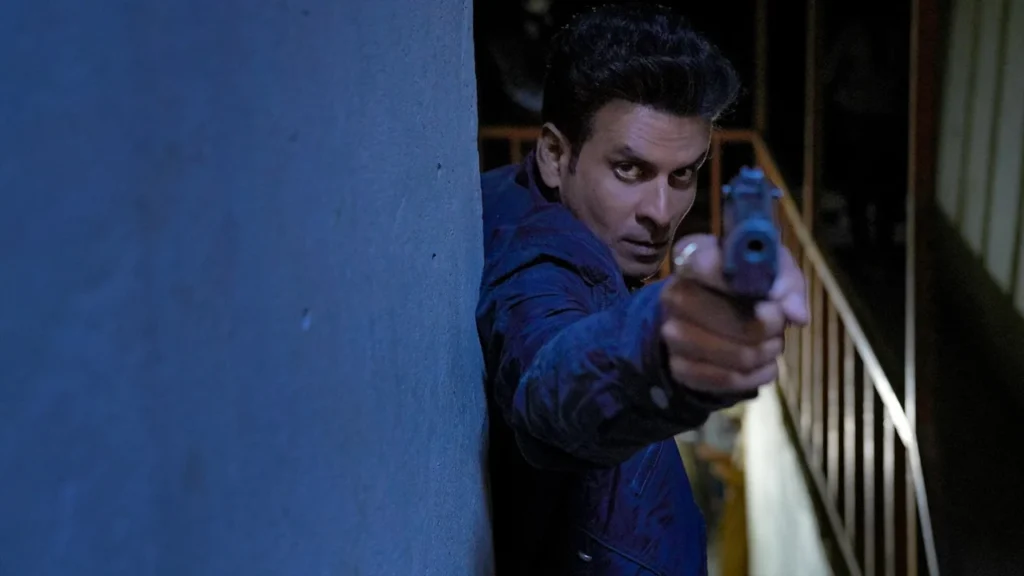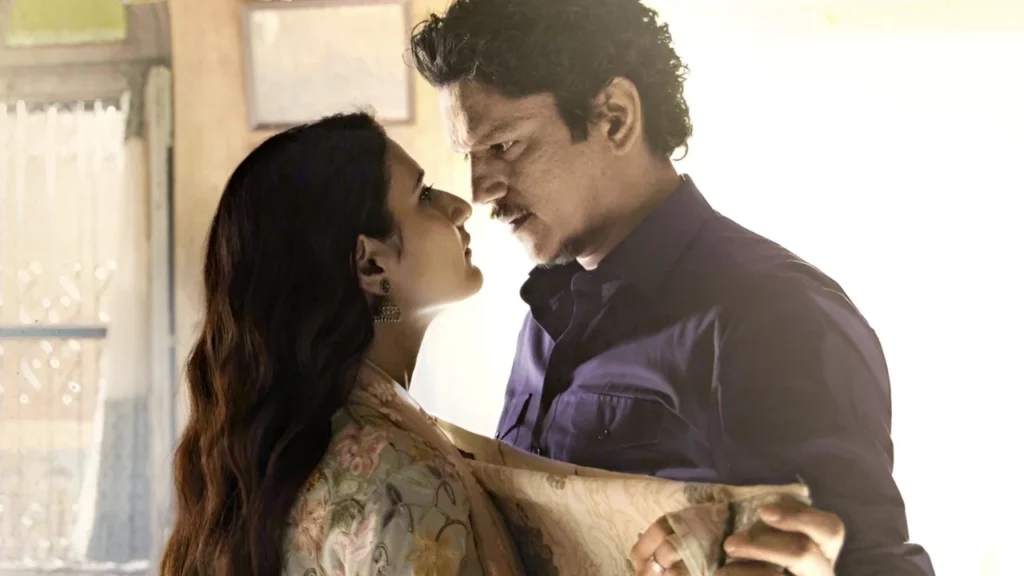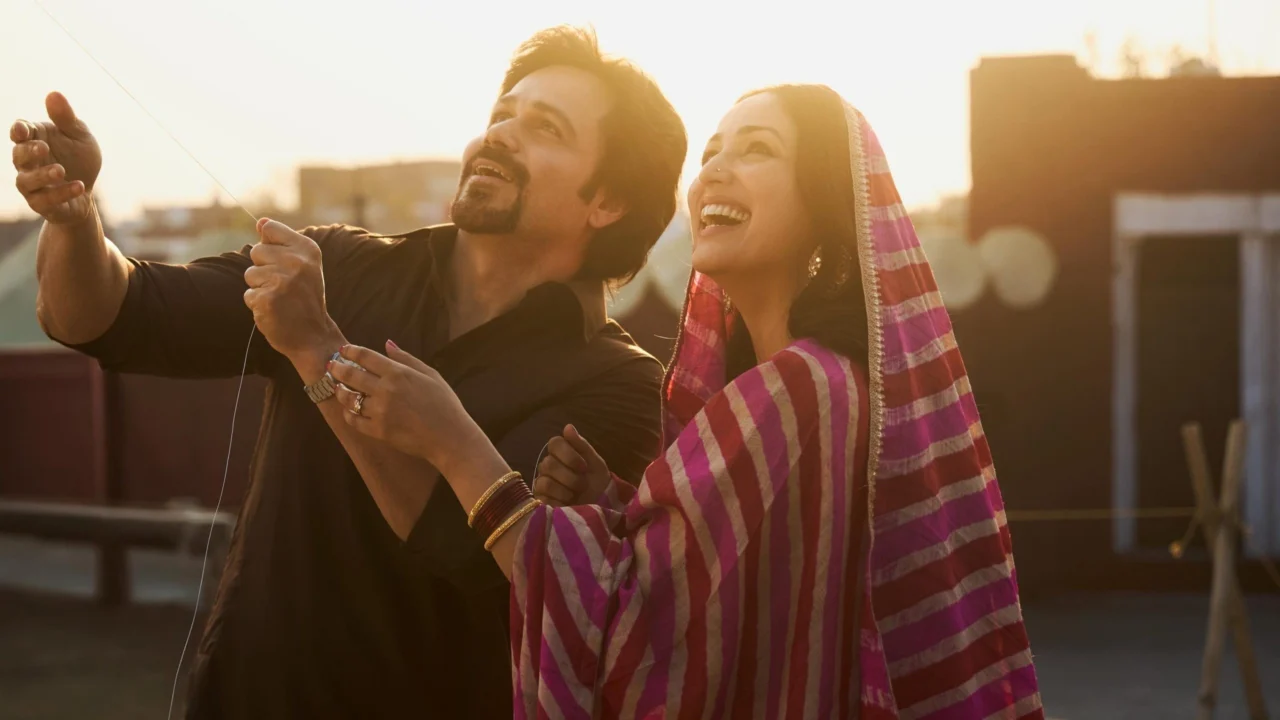
Haq (2025) Movie Review ft. Yami, Emraan, and Danish
The courtroom drama Haq stars Yami Gautam Dhar and Emraan Hashmi in roles that push both actors beyond their usual zones. Director Suparn Verma takes on the challenging task of retelling a story rooted in the controversial 1985 Shah Bano case, a legal battle that forced India to examine women’s rights within religious frameworks.
This isn’t your typical Bollywood drama. The makers chose to dive into uncomfortable territory where faith meets law and personal dignity hangs in the balance. The backdrop of 1980s India provides context for a time when speaking up cost women everything. Yet the themes remain painfully current, making this more than just a period piece.

Story That Hits Close
Shazia Bano marries Abbas Khan, a lawyer who seems perfect until cracks appear. He brings home a second wife one day, claiming charity drove his decision. The family dynamic crumbles as Abbas withdraws support from Shazia and their children. When she seeks maintenance through legal channels, he retaliates with triple talaq, hoping to end the matter.
But Shazia refuses to disappear quietly. Her case moves through session courts, then higher courts, eventually reaching the Supreme Court. I noticed how the screenplay never rushes this journey. Each stage reveals new obstacles and societal pressures that try to break her resolve. The writing shows how communities often protect men while questioning women who dare demand their rights.
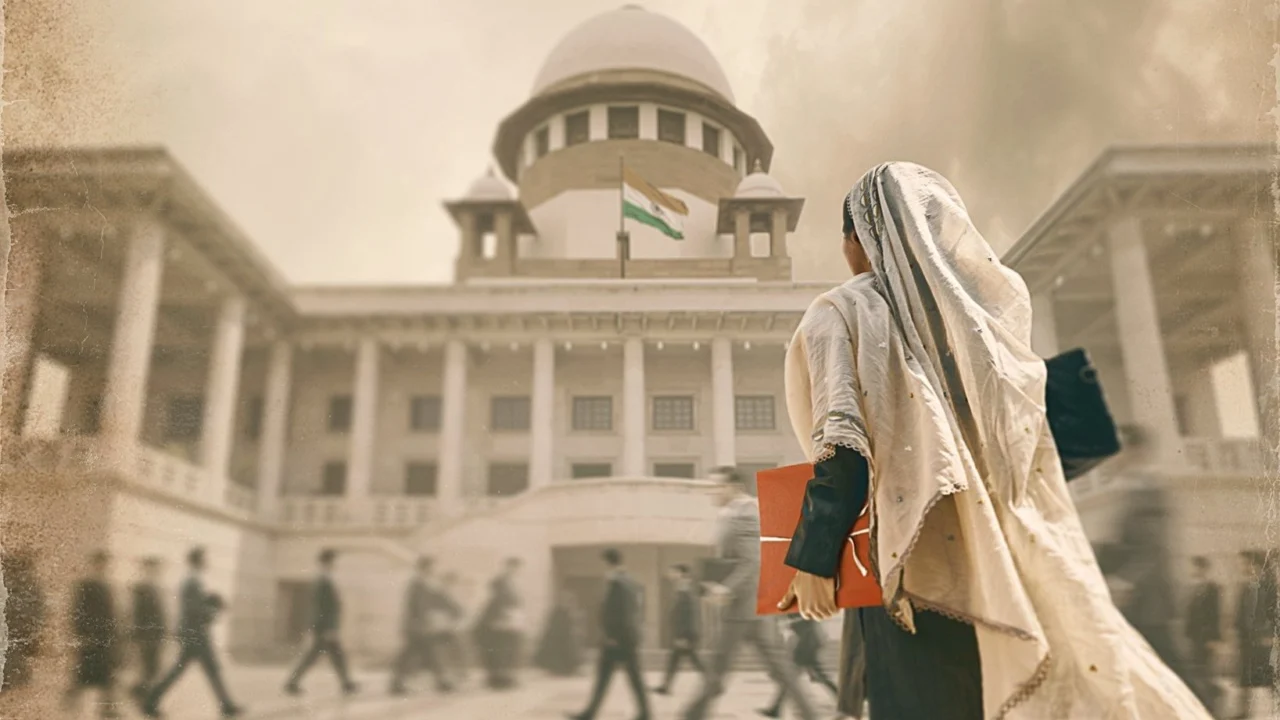
Yami Gautam Owns Every Frame
I’ve watched Yami in several films before, but her work here goes beyond anything she’s done. As Shazia, she carries decades of quiet suffering in her eyes without ever becoming weepy or helpless. Her strength comes through in small moments – the way she holds herself in court, how she speaks to her children, the silence that falls when Abbas enters a room.
The courtroom sequence toward the end showcases her range completely. I felt every word of her speech because she delivers it with controlled emotion rather than melodrama. This performance will define her career going forward, proving she belongs among India’s finest actors.
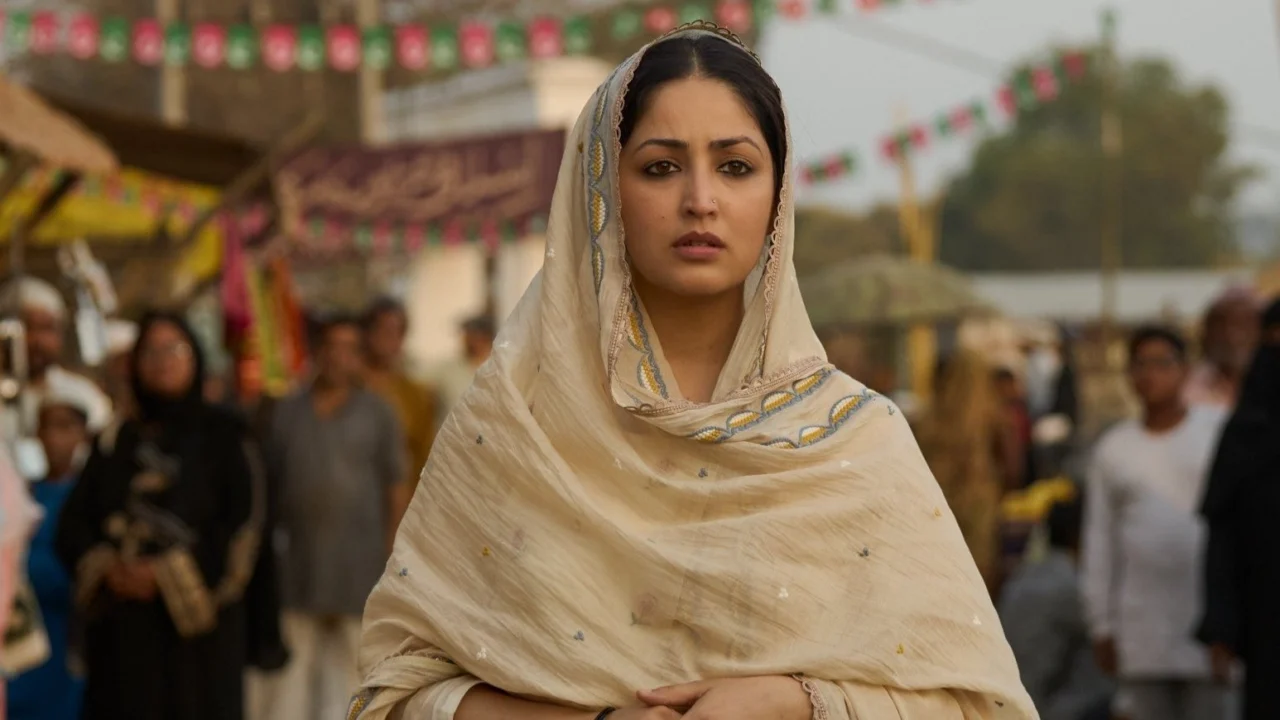
Verma’s Steady Hand
Director Suparn Verma makes smart choices throughout. He resists the urge to speechify or manipulate viewers with background music swells. The legal arguments progress logically from one level to another, showing how cases evolve as they climb through the system. I appreciated this attention to procedural reality rather than courtroom theatrics.
The dialogue cuts deep without being preachy. Lines about dignity, partnership, and justice land because they emerge from character rather than political agenda. Verma trusts his actors to sell these moments, and they reward that trust.
The pacing works mostly, though the second half loses steam compared to the strong setup. Some viewers might find the measured approach too slow, wanting more dramatic fireworks. I found the restraint refreshing actually, but it’s a valid criticism.
Music Misses the Mark
Vishal Mishra’s songs fail to leave any lasting impression. I couldn’t hum a single tune after leaving the theater. The background score does its job adequately but never elevates key moments the way great film music should. This feels like a significant missed opportunity since the right songs could have deepened the emotional resonance.
Only the title track carries some weight, though even that doesn’t fully capture what the film tries to express. The makers might have been better served by using fewer songs and focusing on a stronger musical theme throughout.
Legal Drama With Heart
What separates Haq from typical message movies is how it refuses to paint anyone as purely good or evil. Abbas makes terrible choices but the film shows us why he makes them, how society enables him, and what he stands to lose by acting differently. This complexity makes the story richer even if it occasionally slows the narrative.
I was struck by how relevant these issues remain. We like to think things have changed, but the attitudes portrayed here still exist in countless homes. The film holds up a mirror without being confrontational about it, which might actually make people reflect rather than defend.
Not Without Problems
The 136-minute runtime feels long during the middle stretch. Several scenes could have been trimmed without losing important beats. The second half particularly needs tightening – too much focus on domestic tensions when the legal battle should be building toward its climax.
The film also plays it safe at times when bold choices would serve the story better. I understand the need for balance on sensitive topics, but occasionally the middle path feels more like avoidance than wisdom. A sharper edge in spots would have strengthened the overall impact.
What Audiences and Critics Say
Reception has been largely positive across platforms. Indian Express awarded 3.5 stars, praising the empathetic storytelling. Filmfare went higher with 4.5 stars, calling the film courageous and sincere. Hindustan Times matched that 3.5 rating while noting the powerful acting carries the weaker moments. India Today gave 4 stars for tackling faith and law with nuance.
Deccan Herald stood alone with just 2 stars, arguing the film lacks historical depth and context. Some critics on Rotten Tomatoes felt the film’s moral stance became too obvious, though they still praised the performances. The consensus recognizes Haq as imperfect but important cinema that deserves attention.
My Take
Haq matters because it refuses easy answers while telling a deeply human story. Yami Gautam and Emraan Hashmi deliver career-defining work that makes every scene crackle with unspoken tension. The supporting cast adds layers without showboating. Director Suparn Verma proves that restraint and power aren’t opposites when telling stories about justice.
I walked out thinking about the conversations this film could spark – in families, in courtrooms, in communities still wrestling with these questions. That’s what good cinema does. It doesn’t just entertain; it challenges and enlightens. Haq does both, even if imperfectly. For that alone, it deserves your time and attention.
Rating: 4 out of 5

